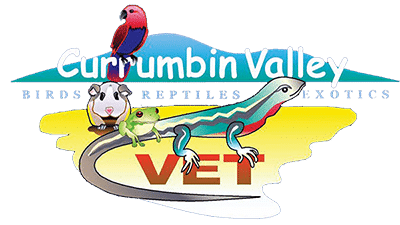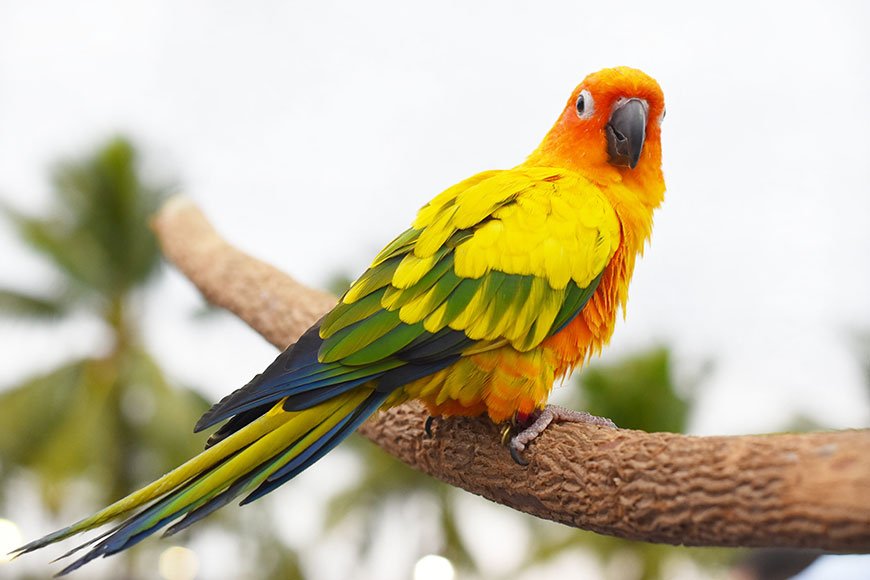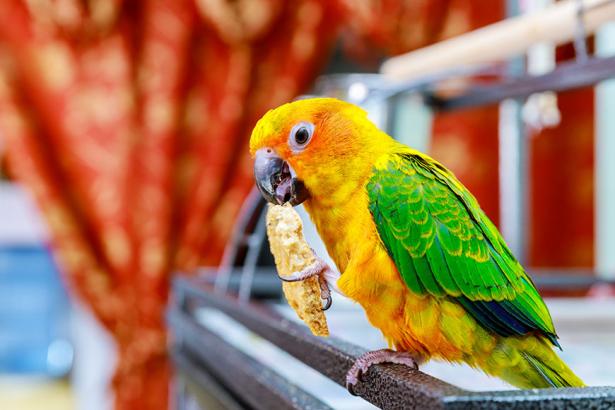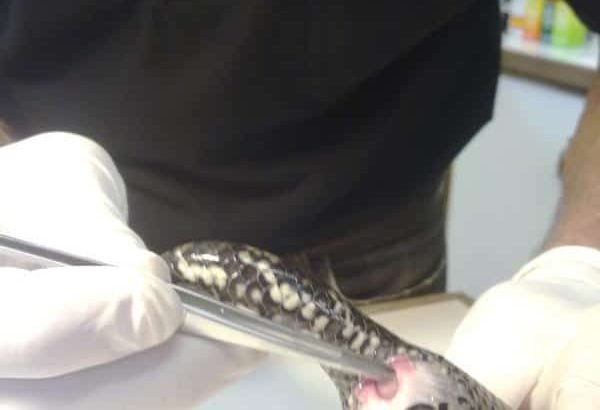Keeping birds as pets can be a lot of fun, but there are a few things you need to know in order to make sure your bird is happy and healthy. Here are some helpful tips from your bird vet:
1. Make sure the bird has plenty of room to fly and play. A small cage is not enough space for a pet bird. Provide at least an aviary-style housing with lots of room for the bird to stretch its wings, fly around and perch.
2. Birds need a lot of attention. Make sure you spend time with your bird regularly. Birds love to be entertained and it is important that you interact with them for several hours each day. They should also be given the appropriate training to avoid any behavioural problems.
3. Birds can’t be fed the same food as people. Feed them a balanced diet that is suitable for their species, provide plenty of fresh fruits and vegetables recommended by bird vets, and don’t overfeed them.
4. Make sure your bird’s cage is clean at all times. There is no excuse for a dirty cage. Place newspaper on the flooring to cover the bars and change it daily. Don’t use store bought dowel perches – their uniform size is unnatural and they are often either too wide or narrow for the bird’s feet and lead to a visit with your avian vet. Instead, choose natural wood perches (tree branches are ideal) that are uneven in size and provide exercise for the feet. Branches with rough bark are preferable because they massage the bird’s feet and also provide environmental enrichment as they love to chew the bark.
Choosing the Right Pet Bird
There are many things to consider when choosing a bird as a pet. Consider the bird’s size, personality and noise level and whether it will be compatible with your lifestyle – as well as its life span.
Some birds, like budgerigars and cockatiels, are small and can be quiet if handled correctly. Others, like macaws, are large and can be very noisy. It’s important to do your research before making a decision and to find the bird that is the best fit for your home and lifestyle. The best way to choose a bird is by visiting a reputable breeder and seeing the birds in person. You can ask as many questions as you’d like about the bird’s personality, health, and behavioural characteristics.
Bird species commonly kept as pets according to avian vets
Budgerigars
Budgerigars are small, colourful parakeets that are very popular as pets. They are native to Australia, but have been introduced to many other parts of the world. Budgerigars are social birds that live in flocks and like to interact with their human caregivers. They make good pets because they are very active and playful, and love to play games.
Cockatiels
Cockatiels are also very popular among bird owners, and for good reason. These small parrots are part of the cockatoo family. They are friendly and playful with unique personalities that make them fun to have around. They are also quite easy to care for. They make a great family pet with the proper training and well-behaved children.
Conures
Another common companion parrot is the conure. There are many types of conures, with the most popular being the colourful sun conure and the green cheeked conure. A very social bird, they are very affectionate and friendly and benefit from plenty of interaction with their human flock.
Eclectus parrots
One of the larger parrot species, eclectus parrots are a beautiful species of parrot native to northeastern Australia, the Solomon Islands and New Guinea. The males have an emerald green plumage and the females a scarlet and blue plumage, which makes them one of the most strikingly coloured parrots in the world. They are generally very friendly and social birds, making them a popular choice for pet owners. Eclectus parrots require a lot of attention and stimulation, and they should have plenty of bird-safe toys and natural branches and foliage to chew on in order to keep them occupied.
Macaws
Macaws are large, colourful birds that are native to North and South America. There are several different species of macaw, each with its own unique characteristics. Macaws are known for their intelligence and playful nature. They are suited to experienced bird owners who have the space to provide a large flight aviary with plenty of environmental enrichment.
In conclusion, following these tips for keeping birds as pets will help ensure they remain happy, healthy, and safe. By creating a comfortable environment and providing the necessary care and attention, bird owners can enjoy years of companionship with their feathered friend without requiring many visits to avian vets outside of scheduled check ups. For more articles on caring for your pet bird, click here.
FAQs
Bird vets are often referred to as avian veterinarians. It is common for an avian veterinarian to also look after other exotic pets such as reptiles, amphibians, arachnids and even insects. Pets that are considered exotic range from tortoises and pythons to guinea pigs and various species of lizards.
The short answer is yes. You should consult your local bird vet about what vaccines your avian companion may need in order to live a long and healthy life. A chicken will require different vaccinations to that of a parrot – an avian vet will know exactly which vaccinations are required. Vaccinations are important not just for the health of your feathered friend, but for any other bird they may encounter.
It is best to bring your bird to an avian vet, even if it requires some extended travel. Whilst many veterinarians will likely see your bird for a check up, it is best to make an appointment with an experienced bird vet to make sure your avian companion gets the best treatment and stays in the best health.





